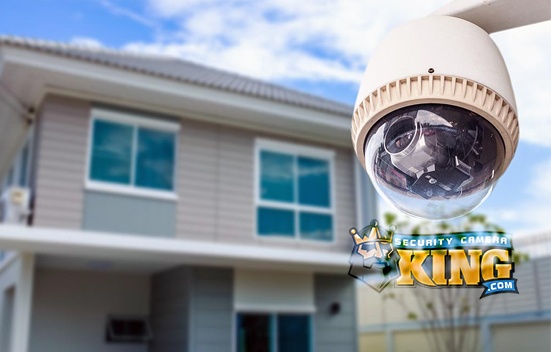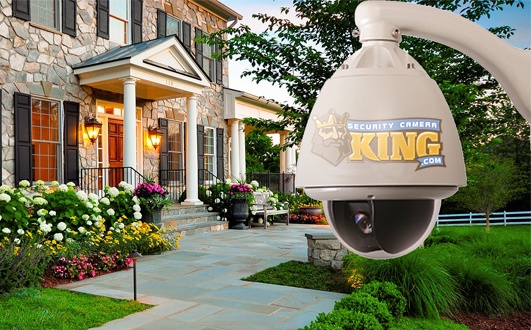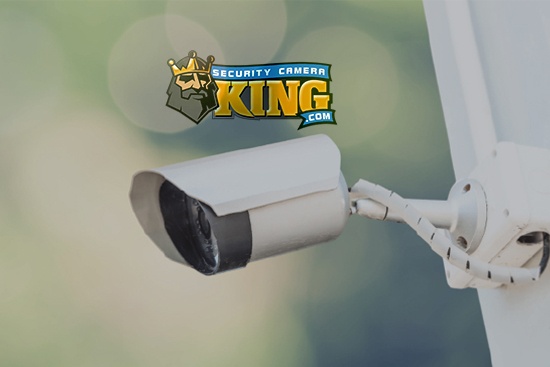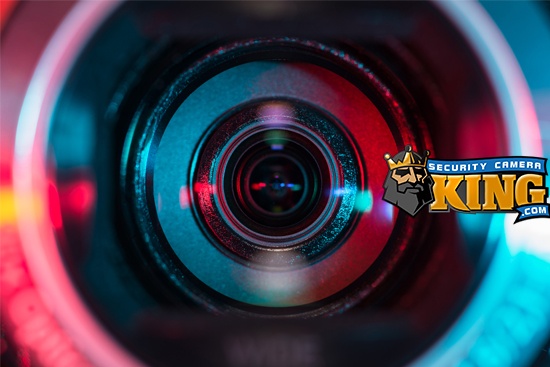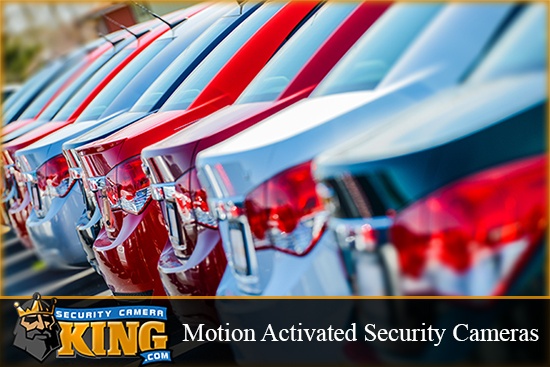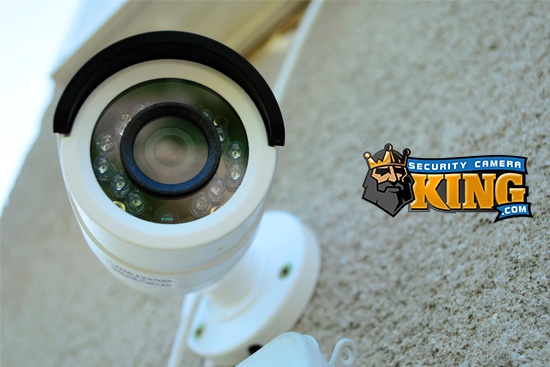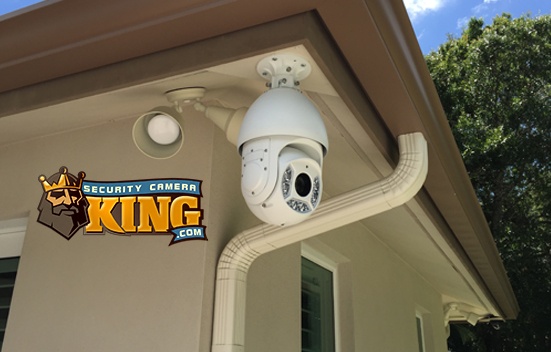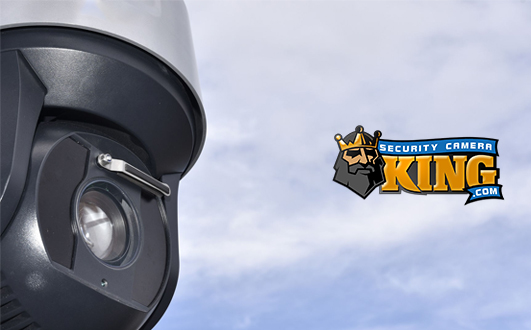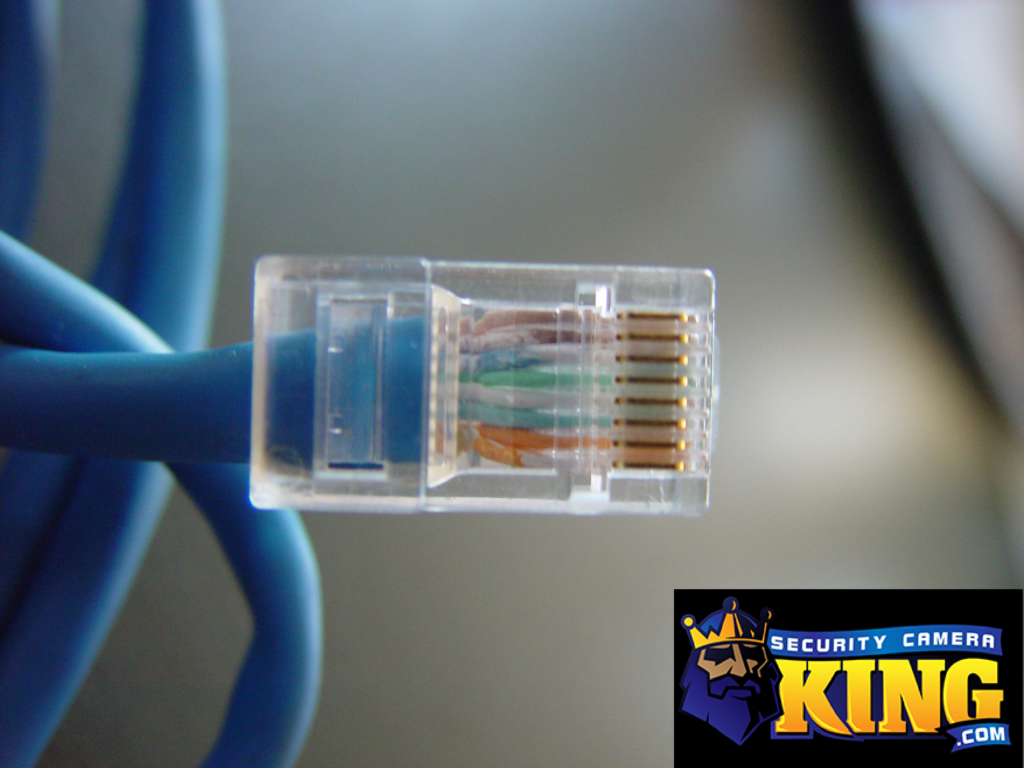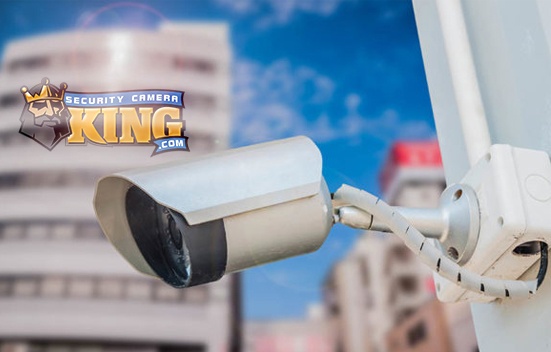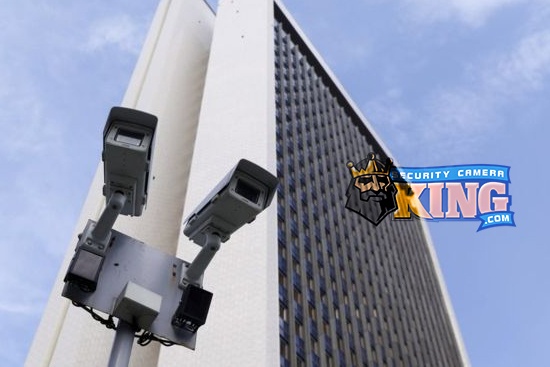The decision to use a home surveillance camera system is not one to take lightly. A home surveillance camera system can give you protection from potential threats, deter criminals from attempting break-ins, alert you to emergency situations, and, most importantly, provide peace of mind during the moments you are away from home.
The most important thing to determine before you buy a new home surveillance camera system is which home security cameras are best suited to your security needs. However, there is more to a home surveillance camera system than just the security cameras.
Discover what you should know about buying a home surveillance camera system by reading the article below. For help locating the best home security cameras to implement into your video surveillance system, get in touch with our team.
Establish Exactly What You Want To Achieve
Establishing your home surveillance goals is the first step to buying a new video surveillance system. Not only will this help you to locate the ideal products, but it can also reduce the amount of time and effort spent comparing security cameras and their associated components.
Better still, it will help you establish a thorough plan to actually get the level of protection you’re aiming for. This should also make you feel more confident about investing your hard earned dollars into the equipment you’re looking to buy.
Things to consider are:
- Do you want 24/7 video recording?
- Do you want security cameras both inside and outside?
- Do you want security cameras equipped with a microphone?
- What level of night vision surveillance do you need?
- How many security cameras do you want?
- Will you need a new Wifi network as well?
Security cameras come in all shapes and sizes and their video recording devices are equally as plentiful. Determining these goals will reduce your choices and give you more appropriate options to compare so that you purchase the very best selections.
You’ll Want To Understand The Basics
Home security cameras are capable of much more than simple video recording and their individual designs work best in ideal conditions. Similarly, video recording devices only work with certain types of cameras and can only hold up to a certain amount of recording space.
Learn about the different types of security cameras and what the intended uses are for the various designs. Also, keep in mind that different cameras have different features, some of which are highly advanced and can potentially eliminate the need for multiple cameras.
Certain lenses can view further in the dark while others are better suited for small areas. For help, use our CCTV Lens Calculator to determine the scope and perception you’ll want to capture.
Your video storage options will be an extremely important aspect to understand, as well. For instance, some homeowners choose to only record when the cameras detect motions while others prefer to have around-the-clock surveillance monitoring.
The space required for 24/7 recording is vastly higher than a home surveillance camera system set up to record only when motion is detected. The video management devices designed to hold more space will generally cost you a considerable amount more, so learning your space requirements will be important.
If you need help, use our CCTV Hard Drive Calculator to get an estimate on the hard drive space you’ll need.
Security Camera Features To Consider
Since different security cameras come equipped with different features, you’ll want to know what features are most important to you. This will help you eliminate the chance of paying for excessive features in advanced cameras you won’t ever use.
Important security camera features to keep in mind include:
Motion Detection Feature – A motion detection security camera can detect movement from objects that come into its field of view. Once detected, the camera will send you a notification alerting you to suspicious activity.
Moving Lens – A PTZ camera gives you the ability to change its angle remotely. They can zoom in on details, tilt and pan to face the right angle, and all around give you more viewing choices.
Microphone – A security camera equipped with a microphone gives you the ability to speak to potential intruders to deter them from acting. This is an especially useful tool that is commonly used by professional security guards because of its success.
Wifi Network – Having wireless IP cameras that connect to your Wifi is fairly easy to install and can be a great addition to a home surveillance camera system. However, you’ll need to understand the bandwidth limits, whether you’ll need a separate network, and how far their connectivity range is before buying.
Night Vision – It’s recommended that any home surveillance camera system be equipped with a night vision camera. This will be especially important if the entrance of your residence or area your securing is in a poorly lit location that requires long-range night vision capabilities.
Resolution – The resolution will be an important part of your home surveillance camera system, especially if you want to have usable footage in case of an emergency. However, keep in mind that the higher the resolution you choose, the more space and bandwidth it will require.
Cost – The cost of home security cameras should be the last thing you determine. After everything else is eliminated, you will be able to compare the most suitable options for each other and find the type that fits your budget.
Facebook | Twitter | Google+ | YouTube

